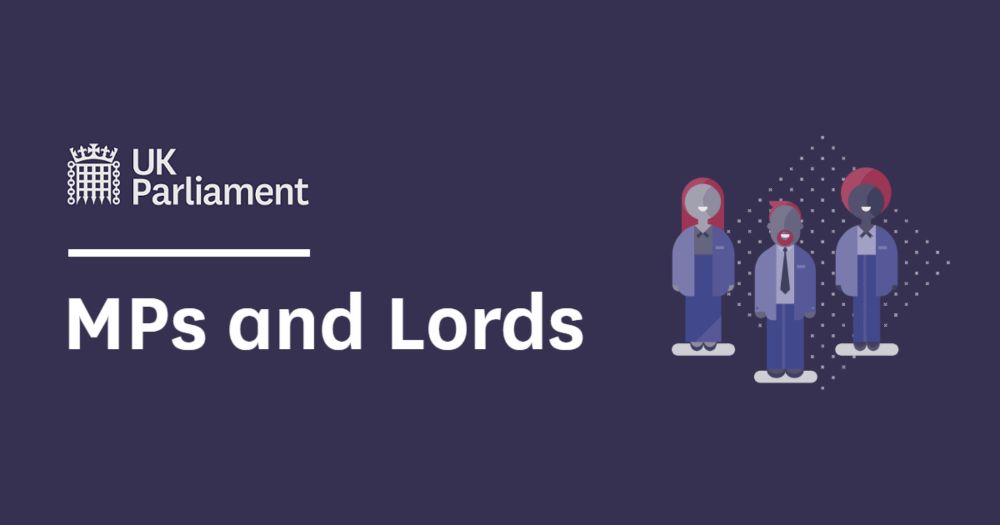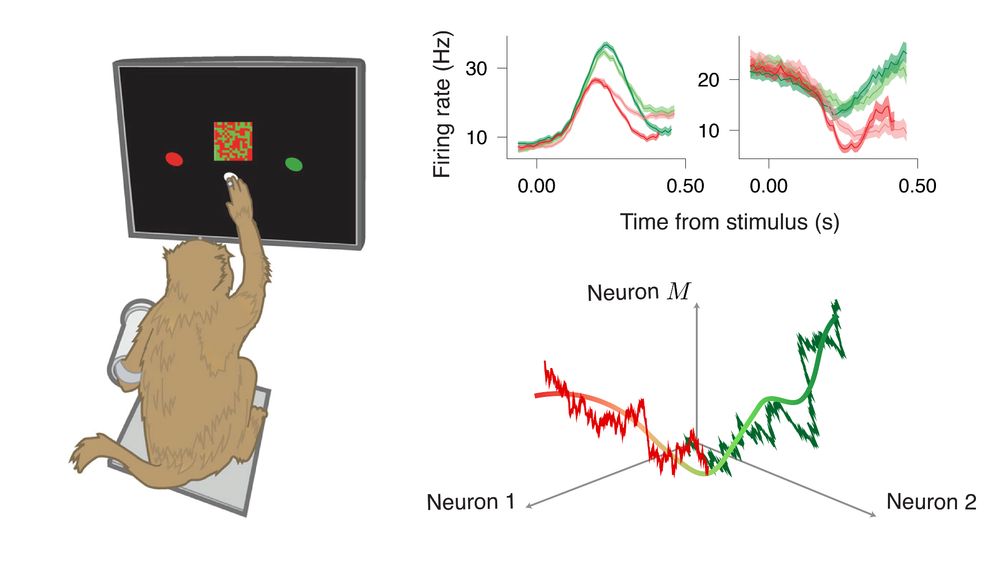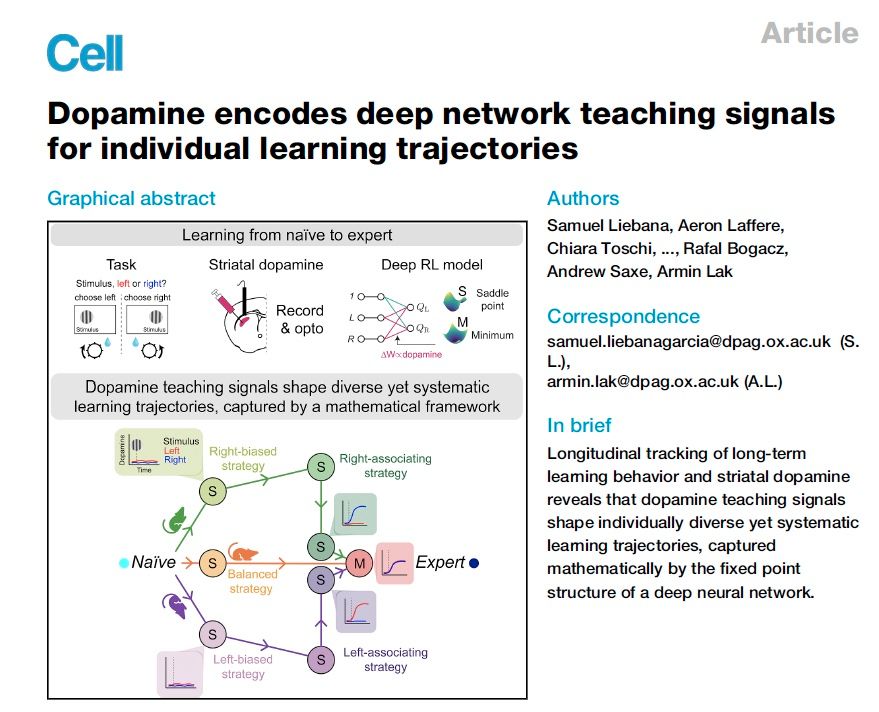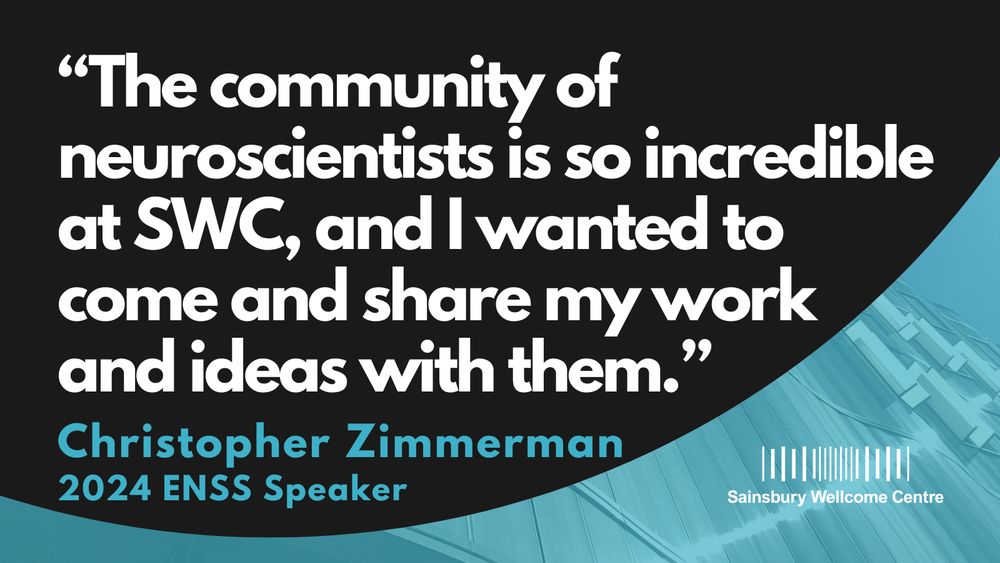https://www.lim.bio/

When we learn a category, do we learn the structure of the world, or just where to draw the line? In a cross-species study, we show that humans, rats & mice adapt optimally to changing sensory statistics, yet rely on fundamentally different learning algorithms.
www.biorxiv.org/content/10.1...
When we learn a category, do we learn the structure of the world, or just where to draw the line? In a cross-species study, we show that humans, rats & mice adapt optimally to changing sensory statistics, yet rely on fundamentally different learning algorithms.
www.biorxiv.org/content/10.1...

When we learn a category, do we learn the structure of the world, or just where to draw the line? In a cross-species study, we show that humans, rats & mice adapt optimally to changing sensory statistics, yet rely on fundamentally different learning algorithms.
www.biorxiv.org/content/10.1...
www.biorxiv.org/content/10.1...

www.biorxiv.org/content/10.1...


www.nature.com/articles/s4...

www.nature.com/articles/s4...
Postdoc (soon faculty at U. of Utah) @thomas-zhihao-luo.bsky.social and ex-grad student (now Shanahan Fellow at Allen Institute) @timkimd.bsky.social have some answers in this new paper out in Nature!
www.nature.com/articles/s41...
🧵 1/6
Postdoc (soon faculty at U. of Utah) @thomas-zhihao-luo.bsky.social and ex-grad student (now Shanahan Fellow at Allen Institute) @timkimd.bsky.social have some answers in this new paper out in Nature!
www.nature.com/articles/s41...
🧵 1/6

archive.is/678If
archive.is/678If

🧪 🧠 🐭 🤖
If you wonder why yet another tool for experimental pipelines, read the 🧵 below:
#neuroscience #neuroskyence #OpenSource
1/
elifesciences.org/articles/91915
🧪 🧠 🐭 🤖
If you wonder why yet another tool for experimental pipelines, read the 🧵 below:
#neuroscience #neuroskyence #OpenSource
1/
elifesciences.org/articles/91915
buff.ly/7Ogh3B1
buff.ly/7Ogh3B1
www.nature.com/articles/s41...

www.nature.com/articles/s41...
Watching war, where your loved ones are trapped, from afar, is pure torture... 😢
#NoToWar

Watching war, where your loved ones are trapped, from afar, is pure torture... 😢
#NoToWar
Like 90million ppl are at the mercy of the 'noise' in his drift diffusion process--is it accumulating to this bound or that bound😞
*see this: www.theguardian.com/commentisfre...

Like 90million ppl are at the mercy of the 'noise' in his drift diffusion process--is it accumulating to this bound or that bound😞
*see this: www.theguardian.com/commentisfre...
We must not be dragged into Netanyahu’s illegal war against Iran.

While I was still on the phone w my dad to see where they are, the attack started (less than 1.5hr after the notice).
FYI, Tehran's population is ~17m. What a joke of a notice!

While I was still on the phone w my dad to see where they are, the attack started (less than 1.5hr after the notice).
FYI, Tehran's population is ~17m. What a joke of a notice!
No, Iranian civilians have been killed in every single attack by Israel since Friday (in hundreds so far). Don't rebrand it.
#StopTheWar
#NoToWar

No, Iranian civilians have been killed in every single attack by Israel since Friday (in hundreds so far). Don't rebrand it.
#StopTheWar
#NoToWar
& to be clear, Israel has no right doing what it's doing.
#NoToWar
& to be clear, Israel has no right doing what it's doing.
#NoToWar
Right here... This is fascism.
The words that Noem was using are fascist. The actions to remove a duly elected senator from California in this situation are fascist.
Fascism is here folks. You ask yourself what you'd do in response to fascism when it showed up? Now is your chance.
Thank you, Senator @padilla.senate.gov
Right here... This is fascism.
The words that Noem was using are fascist. The actions to remove a duly elected senator from California in this situation are fascist.
Fascism is here folks. You ask yourself what you'd do in response to fascism when it showed up? Now is your chance.

Spearheaded by the brilliant @nadinedijkstra.bsky.social 🤩
Spearheaded by the brilliant @nadinedijkstra.bsky.social 🤩
Come and share your work with the London neuroscience community. No CVs, publication records or recommendation letters needed.
Learn more about SWC’s Emerging Neuroscientists Seminar Series and apply by 10 July:
www.sainsburywellcome.org/web/content/...

Come and share your work with the London neuroscience community. No CVs, publication records or recommendation letters needed.
Learn more about SWC’s Emerging Neuroscientists Seminar Series and apply by 10 July:
www.sainsburywellcome.org/web/content/...
Aimed at non-french scientists who are curious, but french ones may find it useful too.
Aimed at non-french scientists who are curious, but french ones may find it useful too.


